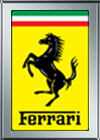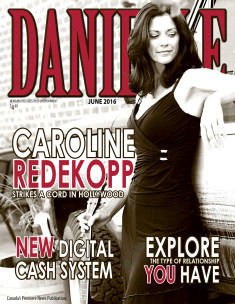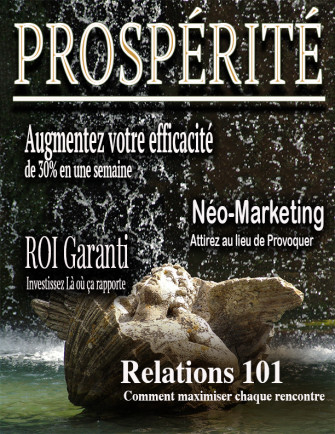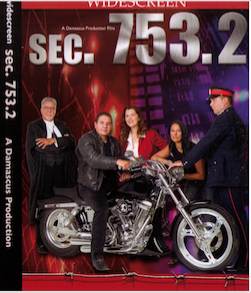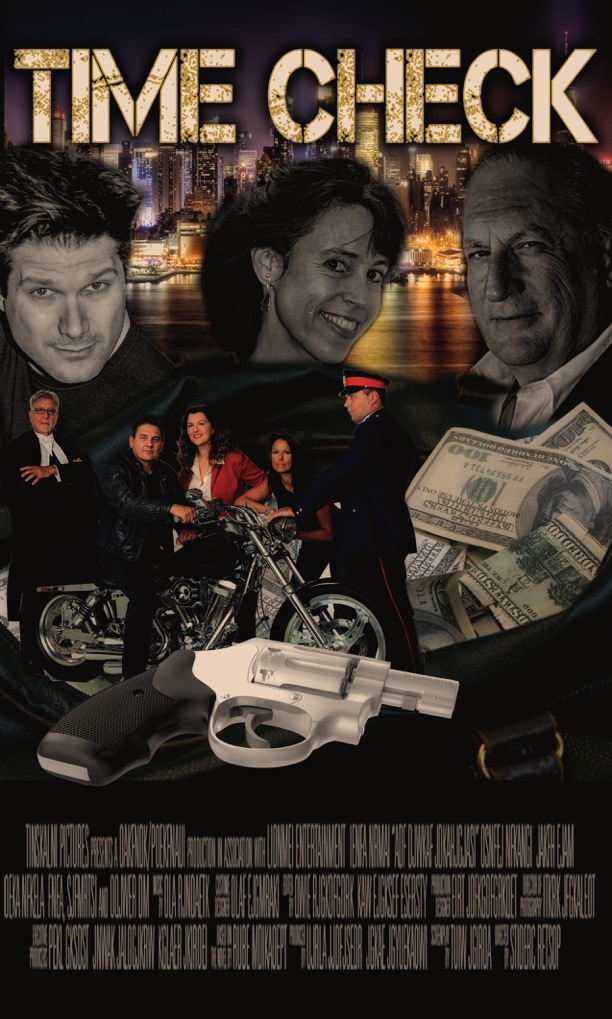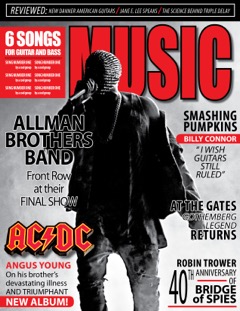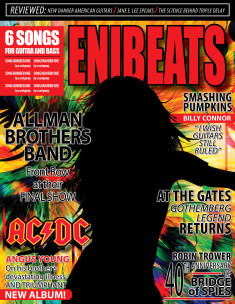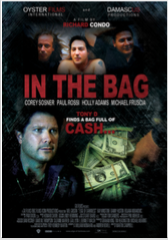By Paul Gottfried
Robert Fulford’s comments about my political influence (March 10) were illustrated with a picture of an unidentified “man” giving a Nazi salute at a recent event of which I know nothing and headlined “How the alt-right’s godfather transformed our world (not in a good way).” Fulford writes that I once “nourished thoughts that seemed at best eccentric but now form everyday conversation online.” I am, he says, “a major source” of the alt-right’s “ideas and attitudes.”
These revelations about me omit the fact that I am a Jew, whose cousins were killed by the Nazis. Thus any suggestion that I might be associated with what is depicted as a neo-Nazi movement is especially offensive. This association, moreover, has nothing to do with reality.
Allow me to call attention to Robert Fulford’s more glaring (and, given his reputation, more disappointing) errors in his depiction of my life and career: I was not a philosophy professor, but a professor of humanities with an endowed chair, who taught among other subjects classical Greek. I didn’t merely spout “eccentric” opinions but produced a substantial body of scholarly literature that has been translated into several foreign languages. George Hawley’s scrupulously researched study Making Sense of the Alt-Right notes that my scholarship on the interwar European right influenced profoundly the American dissident right, among others. Among those who drew selectively from my scholarship was the alt-right figure Richard Spencer. But this hardly proves that I share all of Spencer’s present or even past views. Nor have I been exclusively associated with the right. For years I also published in journals of the left.
For years I also published in journals of the left
Fulford asks that, since I am apparently a “man of the right,” why not “join the traditionally right-wing Republican Party?”
Here we get to the heart of the problem: Fulford should familiarize himself with what Hawley calls the Old Right position that I’ve defended. This includes opposition to promiscuous foreign interventionism, the National Security State, social engineering, non-traditional mass immigration, and more. Yet these are all policies that Republicans like Mitt Romney, John Kasich, the Bush family and other representatives of this “traditionally right-wing” party accept.
Fulford writes that I was “one of those few intellectuals who support Donald Trump.” Indeed, I may have been launched into cosmic significance by that monster. It is true that I once thought that Trump represented a break with the American uni-party consensus and its disastrous policies. I’m not sure about that anymore.
I once thought Trump represented a break with the American uni-party consensus and its disastrous policies. I’m not sure about that anymore
I do know Richard Spencer and worked with him in 2010 when he edited the Taki’s Magazine website. We did develop the term “Alternative Right” together — it was a headline he put on one of my articles. But my subsequent strategic differences with him are a matter of public record, which should have been noted.
I did not attend and had nothing to do with the Aug. 12, 2017, Charlottesville Unite The Right rally that Fulford discusses in the article. Despite my non-involvement, however, I should point out that his retelling of the established media storyline warrants correction: However distasteful we may find some of them, Unite the Right demonstrators had acquired a legal permit to protest peacefully against the dismantling of Confederate monuments. They were assaulted by an “antifa” mob, and police, far from protecting the UTR demonstrators’ rights, were instructed by the police chief to let the two groups fight it out. These facts have been established by the independent Heaphy Report and the police chief has been forced to resign.
The million-dollar question for me is why Fulford would unfairly associate a Jewish-American scholar of the dissident right by associating me with white supremacists and neo-Nazis. I have read some of Robert Fulford’s earlier journalism with pleasure. My late wife was from Toronto and I spent considerable time there in the 1970s and ’80s, when Fulford was already a celebrated Toronto author. Given my one-time favourable impression of his work, I trust his unfair attack on me is not characteristic of his recent prose.
Paul Gottfried is professor emeritus of Humanities at Elizabethtown College in Pennsylvania.
Books
- Conservative Millenarians: The Romantic Experience in Bavaria, Fordham University Press, 1979 ISBN 978-0-8232-0982-8
- The Search for Historical Meaning: Hegel and the Postwar American Right, Northern Illinois Univ Press, 1986 ISBN 0-87580-114-5
- The Conservative Movement, Twayne Pub 1988, with Thomas Fleming (second edition 1992) ISBN 0-8057-9724-6
- Carl Schmitt: Politics and Theory, Greenwood Press 1990, ISBN 0-313-27209-3
- After Liberalism: Mass Democracy in the Managerial State, Princeton University Press, 2001 ISBN 0-691-08982-5
- Multiculturalism and the Politics of Guilt: Towards a Secular Theocracy, University of Missouri Press, 2002 ISBN 0-8262-1417-7
- The Strange Death of Marxism: The European Left in the New Millennium, University of Missouri Press, 2005 ISBN 0-8262-1597-1
- Conservatism in America: Making Sense of the American Right, Palgrave-Macmillan, 2007 ISBN 0-230-61479-5
- Encounters: My Life with Nixon, Marcuse, and Other Friends and Teachers (1 ed.). Wilmington, Del: Intercollegiate Studies Institute. 2009-05-15. ISBN 978-1-933859-99-6.
- Leo Strauss and the American Conservative Movement, Cambridge University Press, 2012 ISBN 978-1-1070-1724-5
- War and Democracy, Arktos, 2012, ISBN 978-1907166808
- Fascism: The Career of a Concept, Northern Illinois University Press, 2015 ISBN 978-0-8758-0493-4
- Revisions and Dissents, Northern Illinois University Press, 2017 ISBN 978-0875807621
Articles
- “Anti-War Anti-Americanism?”. Telos 114 (Winter 1999). New York: Telos Press.
- “The Multicultural International”. Orbis (Winter 2002)
- “The Invincible Wilsonian Matrix”. Orbis (Spring 2007)
- “The WASP Roots of Liberal Internationalism”. Historically Speaking (Fall 2010)
References
- Jump up^ “The HL Mencken Club”. H. L. Mencken. Archived from the original on August 1, 2012. Retrieved February 26, 2012.
- Jump up^ “Who We Are”. SanFranciscoReviewofBooks.com. Retrieved 2018-02-02.
- Jump up^ Gottfried, Paul (2016). “Inventor of Term ‘Alt Right’ Responds to a Critic”. Retrieved 2017-05-14.
- Jump up^ Siegel, Jacob (2016). “Paul Gottfried, the Jewish Godfather of the ‘Alt-Right'”. Retrieved 2016-12-04.
- Jump up^ E.g., Le Conservatisme en Amérique, Multikulturalismus und die Politik der Schuld: Unterwegs zum manipulativen Staat?.
- Jump up^ https://www.unz.com/pgottfried/the-neocons-get-more-outrageous/
- Jump up^ http://www.theamericanconservative.com/articles/the-untold-story-of-the-conservatives-against-war/
- Jump up^ “Meet the Jewish ‘Paleoconservative’ Who Coined The Term ‘Alternative Right'”. The Forward. Retrieved 2016-11-03.
- Jump up^ “Paul Gottfried, the Jewish Godfather of the ‘Alt-Right'”. Tablet Mag.
- Jump up^ “Who We Are”. SanFranciscoReviewofBooks.com. Retrieved 2018-02-02.
Column archives
- LewRockwell.com
- VDARE.com
- Takimag
- The American Conservative
- Unz
- Frontpage Mag
- AlternativeRight.com
Interviews
- Appearances on C-SPAN
- 2007 Interview with Sean Gabb at the Property and Freedom Society on YouTube
- 2011 Interview with What Would the Founders Think?

